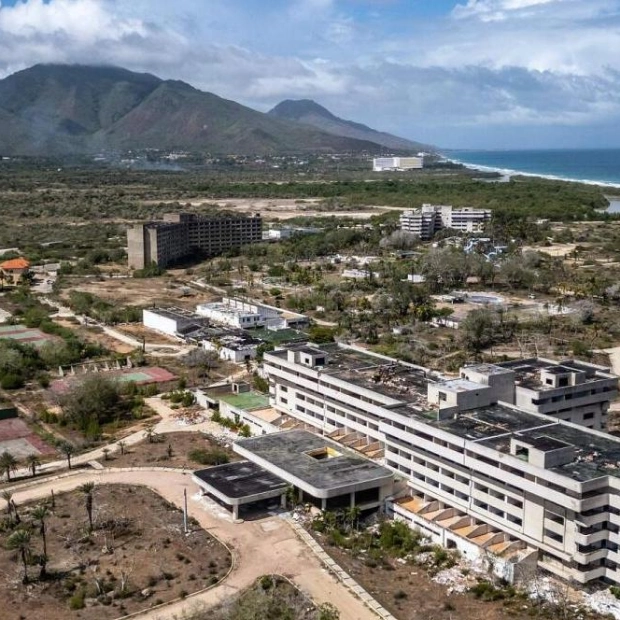As temperatures rise and tourist numbers increase, Greece faces the challenge of redefining its tourism model, which is becoming increasingly unsustainable due to climate change. Known for its azure seas and consistent sunshine, Greece attracted nearly 33 million tourists last year, contributing 28.5 billion euros to its economy. This year, visitor numbers are expected to climb even higher, but the influx of tourists could jeopardize its economic stability in the near future. Public discontent over overtourism has led to protests in popular Cycladic islands.
"People in Greece are increasingly worried that the Cycladic islands are changing rapidly, and the unique charm might be lost in a few years," noted Dimitris Vayanos, an economist from the London School of Economics. This concern is not exclusive to Greece; other European destinations also report environmental and economic damage from tourism, exacerbated by the rise in short-term rentals through platforms like Airbnb.
Greece is particularly vulnerable to the impacts of global warming, with rising sea levels, intense heatwaves, irregular rainfall, and frequent wildfires altering its landscape. Tourism adds strain to already scarce water resources and threatens delicate coastal ecosystems, prompting calls for stricter construction regulations, controlled tourist influx, and investments in water management and infrastructure.
The Greek government must navigate between mitigating these environmental threats and safeguarding its crucial tourism revenue, which accounts for about a third of its GDP. Recent legislative updates aim to transform Greece into a "global tourism powerhouse," focusing on critical measures to protect the industry and the economy. However, climate change poses significant challenges to the tourism sector, as evidenced by recent heatwaves and wildfires.
Efforts to make tourism sustainable include calls for investment in ecosystem conservation and local management of tourist activities. The Greek ombudsman emphasized the need to curb construction and protect water and coastal areas to sustain tourism. A joint study with UNESCO highlighted the urgent need for increased water supply on smaller Aegean islands to meet tourist demands, which are projected to double by 2030.
Greece is exploring ways to align tourism with environmental standards, including zoning and targeted development. The introduction of a climate resilience fee aims to fund recovery from environmental disasters, although there are concerns about the allocation of these funds. Local governments advocate for using the revenue to better manage tourist influx.
The effects of climate change on Greece extend beyond weather extremes, affecting coastal ecosystems and marine biodiversity. INSETE recommends extending the tourism season and diversifying tourism offerings to ensure sustainability and competitiveness. Initiatives like promoting biodiversity-rich tourism and alternative holiday experiences are part of these efforts.
There is a growing emphasis on managing tourism effectively rather than solely promoting it. Investments in renewable energy and coastal protection are seen as long-term benefits for the tourism industry, potentially aiding Greece in transitioning to a more resilient future.






